What green artificial intelligence needs

Long before the real-world effects of climate change became so abundantly obvious, the data painted a bleak picture – in painful detail – of the scale of the problem. For decades, carefully collected data on weather patterns and sea temperatures were fed into models that analysed, predicted, and explained the effects of human activities on our climate. And now that we know the alarming answer, one of the biggest questions we face in the next few decades is how data-driven approaches can be used to overcome the climate crisis.
Data and technologies like artificial intelligence (AI) are expected to play a very large role. But that will happen only if we make major changes in data management. We will need to move away from the commercial proprietary models that currently predominate in large developed economies. While the digital world might seem like a climate-friendly world (it is better to Zoom to work than to drive there), digital and Internet activity already accounts for around 3.7% of total greenhouse-gas (GHG) emissions, which is about the same as air travel. In the United States, data centres account for around 2% of total electricity use.
The figures for AI are much worse. According to one estimate, the process of training a machine-learning algorithm emits a staggering 626,000lb (284,000kg) of carbon dioxide – five times the lifetime fuel use of the average car, and 60 times more than a transatlantic flight. With the rapid growth of AI, these emissions are expected to rise sharply. And Blockchain, the technology behind Bitcoin, is perhaps the worst offender of all. On its own, Bitcoin mining (the computing process used to verify transactions) leaves a carbon footprint roughly equivalent to that of New Zealand.
Fortunately, there are also many ways that AI can be used to cut CO2 emissions, with the biggest opportunities in buildings, electricity, transport, and farming. The electricity sector, which accounts for around one-third of GHG emissions, advanced the furthest. The relatively small cohort of big companies that dominate the sector have recognised that AI is particularly useful for optimising electricity grids, which have complex inputs – including the intermittent contribution of renewables like wind power – and complex usage patterns. Similarly, one of Google DeepMind’s AI projects aims to improve the prediction of wind patterns and thus the usability of wind power, enabling “optimal hourly delivery commitments to the power grid a full day in advance.”
Using similar techniques, AI can also help to anticipate vehicle traffic flows or bring greater precision to agricultural management, such as by predicting weather patterns or pest infestations.
But Big Tech itself has been slow to engage seriously with the climate crisis. For example, Apple, under pressure to keep delivering new generations of iPhones or iPads, used to be notoriously uninterested in environmental issues, even though it – like other hardware firms – contributes heavily to the problem of e-waste. Facebook, too, was long silent on the issue, before creating an online Climate Science Information Center late last year. And until the launch of the $10bn Bezos Earth Fund in 2020, Amazon and its leadership also was missing in action. These recent developments are welcome, but what took so long?
Big Tech’s belated response reflects the deeper problem with using AI to help the world get to net-zero emissions. There is a wealth of data – the fuel that powers all AI systems – about what is happening in energy grids, buildings, and transportation systems, but it is almost all proprietary and jealously guarded within companies. To make the most of this critical resource – such as by training new generations of AI – these data sets will need to be opened up, standardised, and shared.
Work on this is already underway. The C40 Knowledge Hub offers an interactive dashboard to track global emissions; NGOs like Carbon Tracker use satellite data to map coal emissions; and the Icebreaker One project aims to help investors track the full carbon impact of their decisions. But these initiatives are still small-scale, fragmented, and limited by the data that are available.
Freeing up much more data ultimately will require an act of political will. With local or regional “data commons,” AIs could be commissioned to help whole cities or countries cut their emissions. As a widely circulated 2019 paper by David Rolnick of the University of Pennsylvania and 21 other machine-learning experts demonstrates, there is no shortage of ideas for how this technology can be brought to bear.
But that brings us to a second major challenge: Who will own or govern these data and algorithms? Right now, no one has a good, complete answer. Over the next decade, we will need to devise new and different kinds of data trusts to curate and share data in a variety of contexts.
For example, in sectors like transport and energy, public-private partnerships (for example, to gather “smart-meter” data) are probably the best approach, whereas in areas like research, purely public bodies will be more appropriate. The lack of such institutions is one reason why so many “smart-city” projects fail. Whether it is Google’s Sidewalk Labs in Toronto or Replica in Portland, they are unable to persuade the public that they are trustworthy.
We will also need new rules of the road. One option is to make data sharing a default condition for securing an operating license. Private entities that provide electricity, oversee 5G networks, use city streets (such as ride-hailing companies), or seek local planning permission would be required to provide relevant data in a suitably standardised, anonymised, and machine-readable form.
These are just a few of the structural changes that are needed to get the tech sector on the right side of the fight against climate change. The failure to mobilise the power of AI reflects both the dominance of data-harvesting business models and a deep imbalance in our public institutional structures. The European Union, for example, has major financial agencies like the European Investment Bank but no comparable institutions that specialise in orchestrating the flow of data and knowledge. We have the International Monetary Fund and the World Bank, but no equivalent World Data Fund.
This problem is not insoluble. But first, it must be acknowledged and taken seriously. Perhaps then a tiny fraction of the massive financing being channelled into green investments will be directed toward funding the basic data and knowledge plumbing that we so urgently need. – Project Syndicate
• Geoff Mulgan, a former chief executive of NESTA, is Professor of Collective Intelligence, Public Policy and Social Innovation at University College London and the author of Big Mind: How Collective Intelligence Can Change Our World.
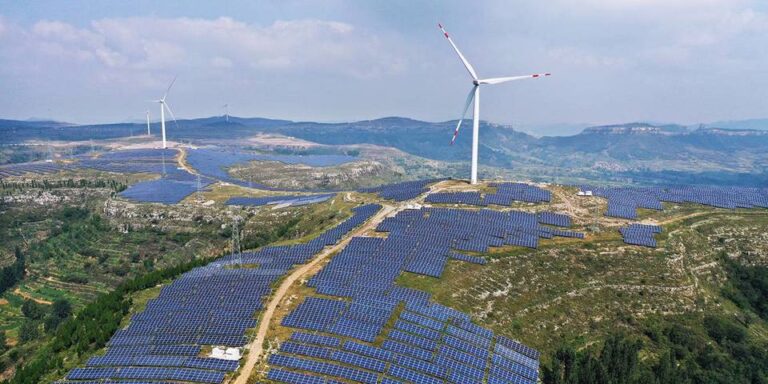
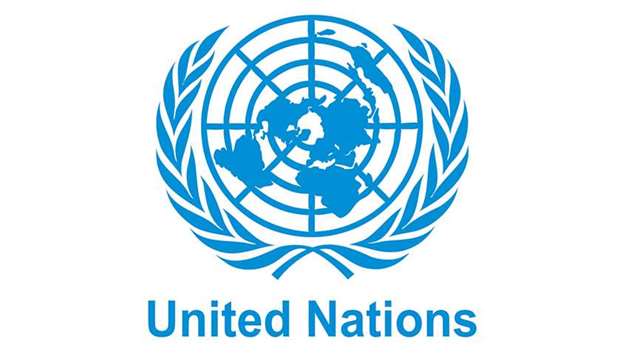

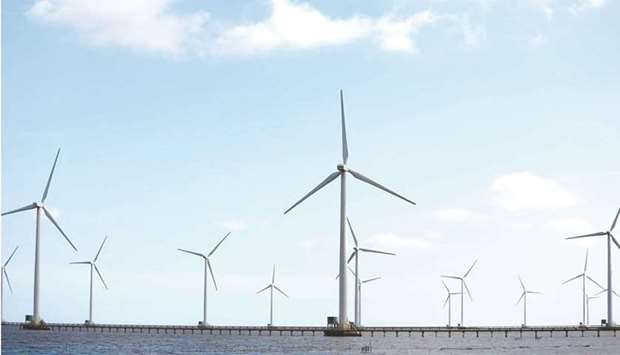





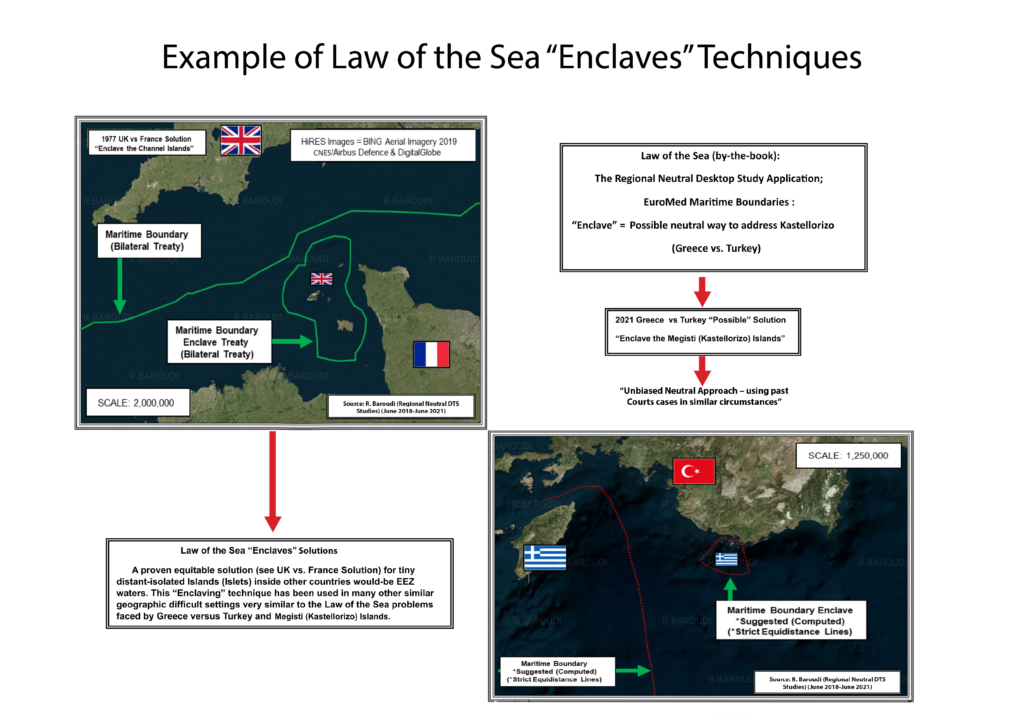
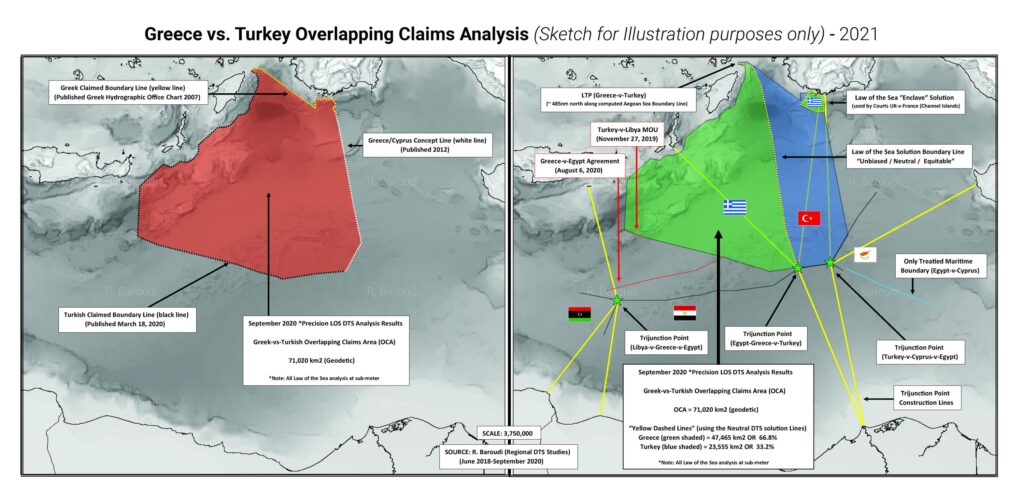
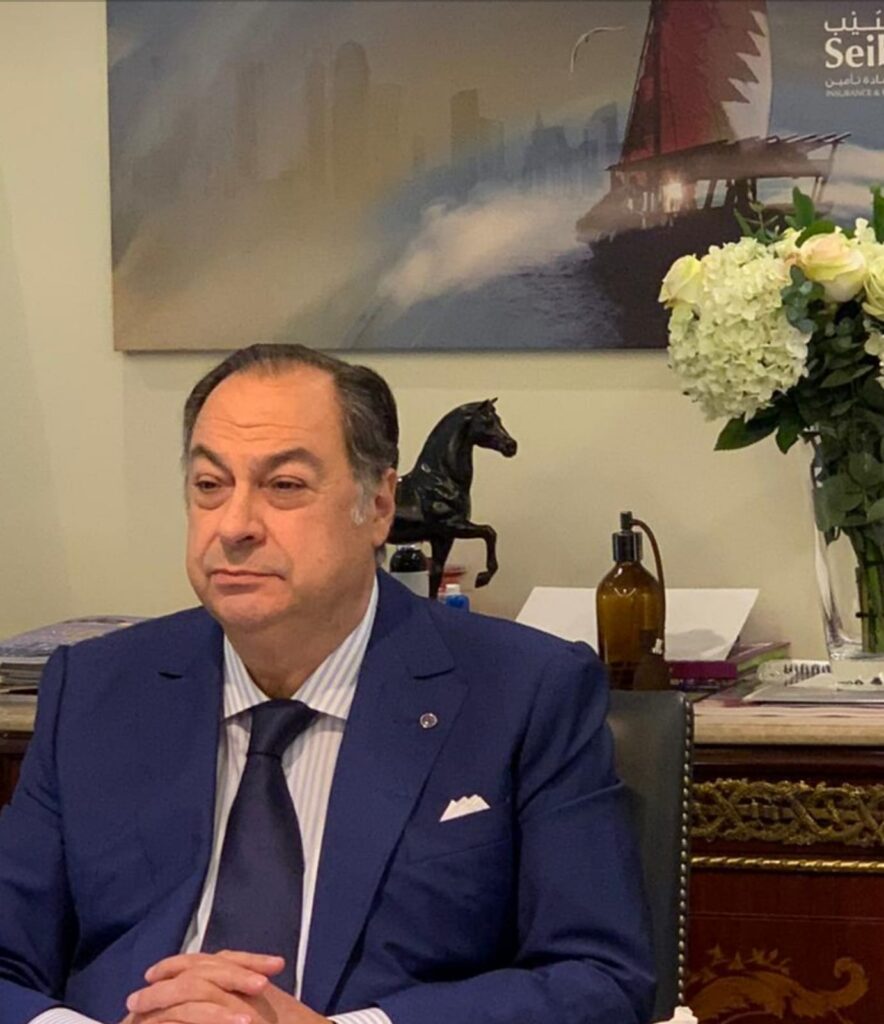
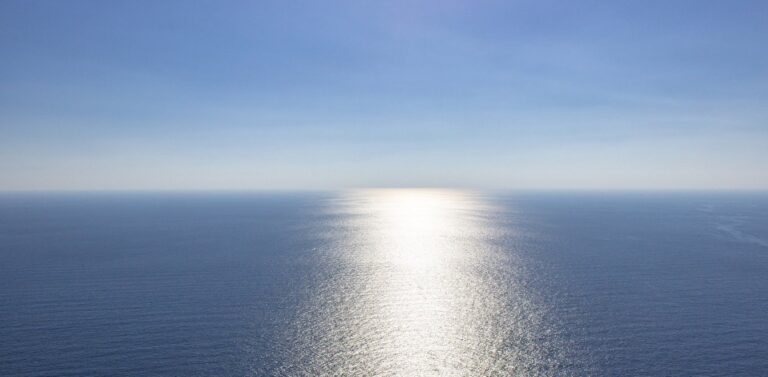
DENVER – For decades, we at the Rocky Mountain Institute (now RMI) have argued that the transition to clean energy will cost less and proceed faster than governments, firms, and many analysts expect. In recent years, this outlook has been fully vindicated: costs of renewables have consistently fallen faster than expected, while deployment has proceeded more rapidly than predicted, thereby reducing costs even further.
Thanks to this virtuous cycle, renewables have broken through. And now, new analyses from two authoritative research institutions have added to the mountain of data showing that a rapid clean-energy transition is the least expensive path forward.
Policymakers, business leaders, and financial institutions urgently need to consider the promising implications of this development. With the United Nations Climate Change Conference (COP26) in Glasgow fast approaching, it is imperative that world leaders recognize that achieving the Paris climate agreement’s 1.5° Celsius warming target is not about making sacrifices; it is about seizing opportunities. The negotiation process must be reframed so that it is less about burden-sharing and more about a lucrative race to deploy cleaner, cheaper energy technologies.
With the world already suffering from climate-driven extreme weather events, a rapid clean-energy transition also has the virtue of being the safest route ahead. If we fail at this historic task, we risk not only wasting trillions of dollars but also pushing civilization further down a dangerous and potentially catastrophic path of climate change.
One can only guess why forecasters have, for decades, underestimated the falling costs and accelerating pace of deployment for renewables. But the results are clear: bad predictions have underwritten trillions of dollars of investment in energy infrastructure that is not only more expensive but also more damaging to human society and all life on the planet.
We now face what may be our last chance to correct for decades of missed opportunities. Either we will continue to waste trillions more on a system that is killing us, or we will move rapidly to the cheaper, cleaner, more advanced energy solutions of the future.
New studies have shed light on how a rapid clean-energy transition would work. In the International Renewable Energy Agency (IRENA) report The Renewable Spring, lead author Kingsmill Bond shows that renewables are following the same exponential growth curve as past technology revolutions, hewing to predictable and well-understood patterns.
Accordingly, Bond notes that the energy transition will continue to attract capital and build its own momentum. But this process can and should be supported to ensure that it proceeds as quickly as possible. Policymakers who want to drive change must create an enabling environment for the optimal flow of capital. Bond clearly lays out the sequence of steps that this process entails.
Examining past energy revolutions reveals several important insights. First, capital is attracted to technological disruptions, and tends to flow to the areas of growth and opportunity associated with the start of these revolutions. As a result, once a new set of technologies passes its gestation period, capital becomes widely available. Second, financial markets draw forward change. As capital moves, it speeds up the process of change by allocating new capital to growth industries, and by withdrawing it from those in decline.
The current signals from financial markets show that we are in the first phase of a predictable energy transition, with spectacular outperformance by new energy sectors and the de-rating of the fossil-fuel sector. This is the point where wise policymakers can step in to establish the necessary institutional framework to accelerate the energy transition and realize the economic benefits of building local clean-energy supply chains. As we can see from market trends highlighted in the IRENA report, the shift is already well underway.
Reinforcing the findings from the IRENA report, a recent analysis from the Institute for New Economic Thinking (INET) at the Oxford Martin School shows that a rapid transition to clean energy solutions will save trillions of dollars, in addition to keeping the world aligned with the Paris agreement’s 1.5°C goal. A slower deployment path would be financially costlier than a faster one and would incur significantly higher climate costs from avoidable disasters and deteriorating living conditions.
Owing to the power of exponential growth, an accelerated path for renewables is eminently achievable. The INET Oxford report finds that if the deployment of solar, wind, batteries, and hydrogen electrolyzers continues to follow exponential growth trends for another decade, the world will be on track to achieve net-zero-emissions energy generation within 25 years.
In its own coverage of the report, Bloomberg News suggests as a “conservative estimate” that a rapid clean-energy transition would save $26 trillion compared with continuing with today’s energy system. After all, the more solar and wind power we build, the greater the price reductions for those technologies.
Moreover, in his own response to the INET Oxford study, Bill McKibben of 350.org points out that the cost of fossil fuels will not fall, and that any technological learning curve advantage for oil and gas will be offset by the fact that the world’s easy-access reserves have already been exploited. Hence, he warns that precisely because solar and wind will save consumers money, the fossil-fuel industry will continue to try to slow down the transition in order to mitigate its own losses.
We must not allow any further delay. As we approach COP26, it is essential that world leaders understand that we already have cleaner, cheaper energy solutions ready to deploy now. Hitting our 1.5°C target is not about making sacrifices; it is about seizing opportunities. If we get to work now, we can save trillions of dollars and avert the climate devastation that otherwise will be visited upon our children and grandchildren.